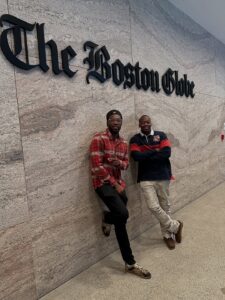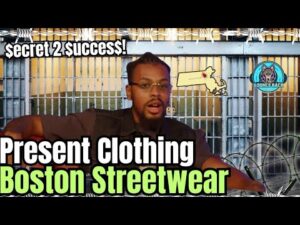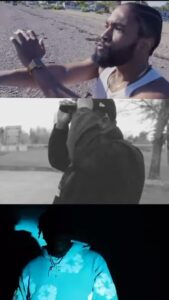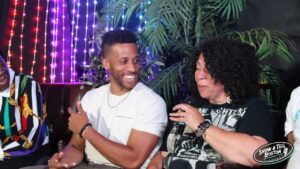The newest episode of Show & Tell Boston, the city’s community‑driven vlog, gathers a five‑person panel to examine autism, ADHD and the everyday realities facing neurodivergent people and their families.
The panelists underline that neurodivergence is a difference in brain wiring rather than a defect. They note two broad sensory profiles—seekers and avoiders—and point to common traits such as food sensitivities, social‑communication challenges and atypical stress responses.
- Food and Sensory Barriers: Esma recalls her brother eating only bread for years before testing revealed gluten sensitivity.
- Late Diagnosis: Lauren describes “masking” ADHD traits for decades to appear neurotypical.
- Creative Outlets: Most Generous highlights music as a way to channel emotional intensity and connect with audiences.
- Parental Advocacy: Sharon recounts navigating school bureaucracy to secure individualized support for her son.
The conversation turns to institutional gaps:
- Education: Panelists say schools often segregate rather than accommodate, and budget cuts have reduced one‑on‑one support.
- Healthcare: Speakers cite misdiagnoses and a patchwork approach that treats autism as a label instead of an evolving set of needs.
- Cultural Barriers: Immigrant families face added obstacles when language and stigma intersect.
Most Generous points to a “crab‑in‑a‑bucket” dynamic that slows collaboration among local artists. Blue Sky argues Boston lacks the cross‑promotion seen in cities like Atlanta and Detroit and calls for more platforms where neurodivergent creators can thrive.
- Autism and ADHD exist on a spectrum; individualized strategies matter.
- Authenticity and loyalty are core values within Boston’s neurodivergent community.
- Greater representation, training and funding are needed across schools, clinics and cultural venues.
- Conversations should move beyond panels and into everyday spaces—classrooms, community centers and medical offices—to shift perception and practice.
The group closes with a call to action: build networks that respect neurodivergent voices, challenge misinformation and push institutions toward meaningful inclusion. For Show & Tell Boston, the episode aims to spark that wider dialogue—one story, and one city, at a time.












